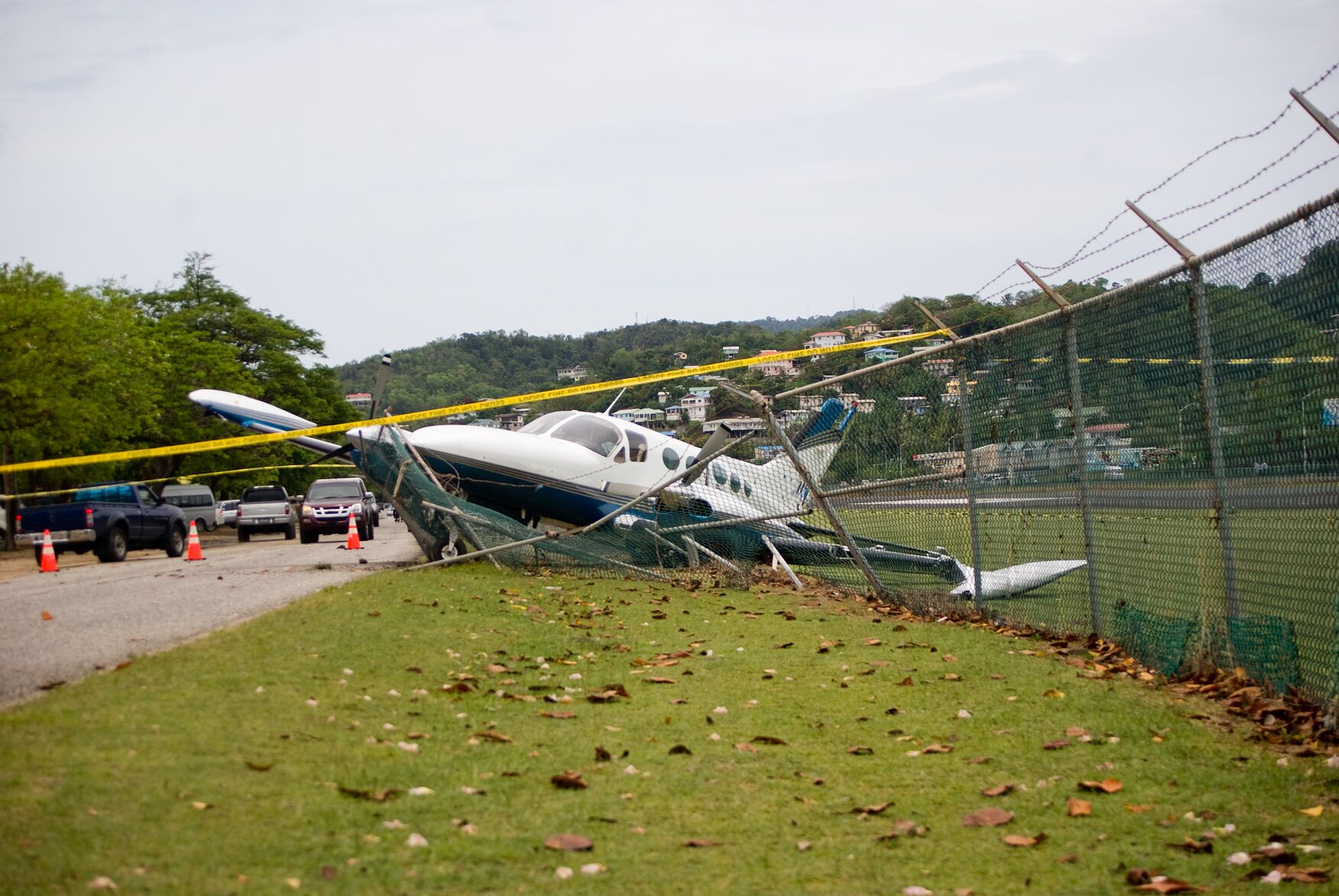Aviation insurance policies are not like automobile insurance policies. Unlike the auto policy which covers virtually any claim under any circumstance, aviation policies require strict compliance with many terms and conditions in order for a claim to be paid. Sadly, too many aircraft owners don’t understand this myriad of owner representations and pilot warranties. When one is violated, a claim is usually denied.
As an example, every policy has a section referred to as “Pilot Warranties” where the minimum qualifications for a pilot are listed. In all cases, the pilot has to have a current medical certificate (or the BasicMed equivalent) and a current flight review (aka, BFR). If there is a claim for an event where the PIC was a little as one day past their BFR expiration, most carriers won’t pay. Some are more stringent, requiring that the PIC be current for all aspects of the flight (instrument, night, etc.). The importance of making absolutely sure that no flights are conducted without 100% pilot currency is critical.
Also, unlike “consumer” insurance (i.e., home, auto, health, life) there are significantly less statutory protections for aviation policy holders. Contrary to popular belief, there are virtually no federal laws that govern insurance policies. Insurance is regulated by state laws, and those regulations are usually limited to a carrier’s financial stability and adherence to policy language. The contents of your insurance policy are largely up to the carrier, and therefore it’s critical that pilot and owners read and fully understand the policies limitations and exclusions.
Even when a carrier is willing to pay, they often try to pay less than the full amount needed to repair the owner’s aircraft. For example, the carrier will often require multiple bids from off airport locations, even though the aircraft is grounded and cannot be flown from its current location. Further, some carriers will go out and get their own bids from “low cost” shops just to discourage the owner from having the work done at the best qualified (and more expensive) shop.
Next, watch out for “betterment” clauses. They often read something like this:
The most we will pay for physical damage to your aircraft is the lesser of:
1. its Agreed Value if it is a total loss; or,
2. the costs to repair or replace damage with materials of like kind and quality; including the lowest cost of shipping parts of the aircraft for repair and return the aircraft to the occurrence site or home base, whichever is closer, but minus any previous unrepaired damage or betterment.
“Betterment” means improvement which would add value to your aircraft.




